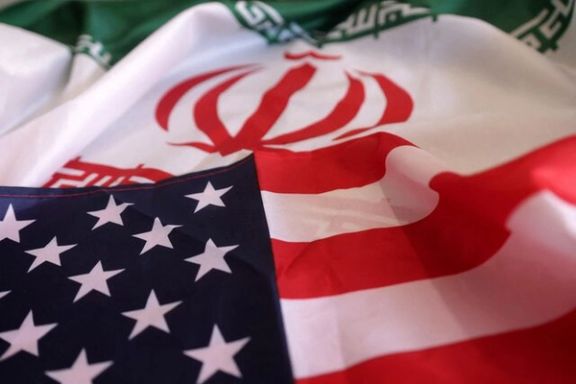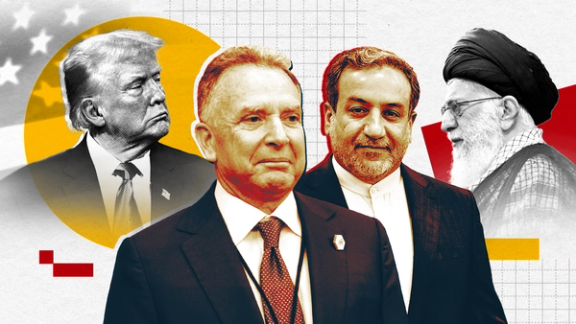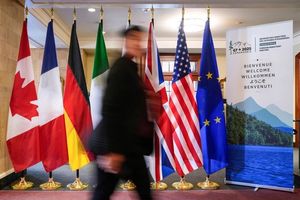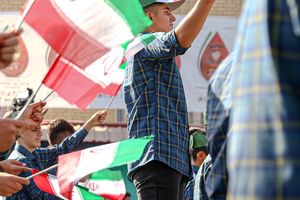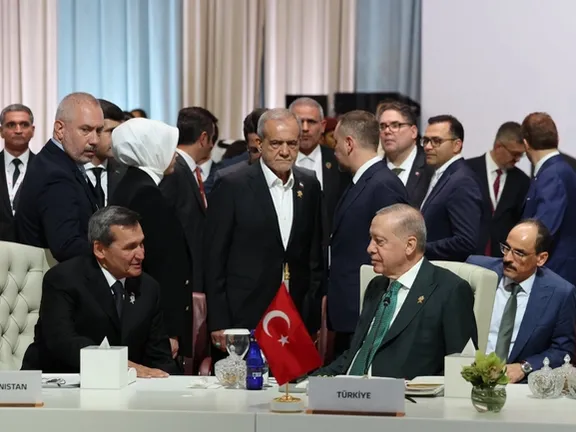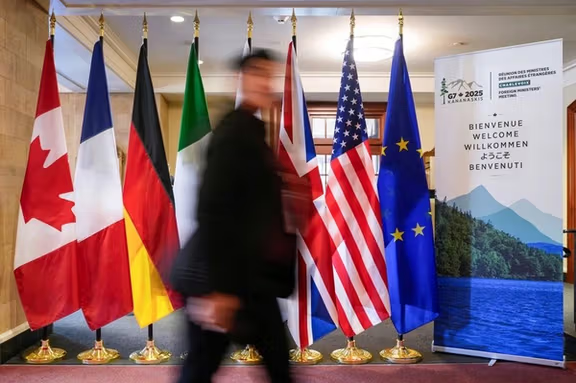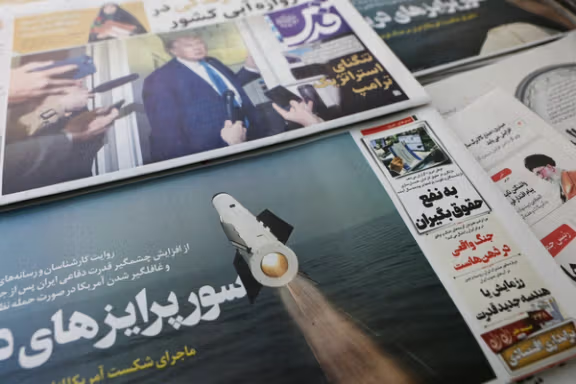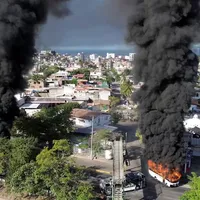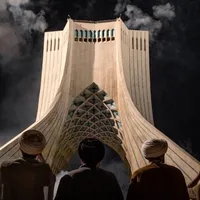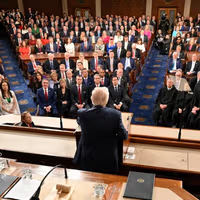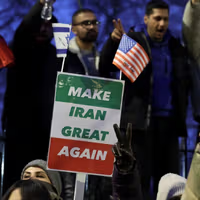Araghchi told CNN this week that negotiations with Washington under the current conditions amounted to “a total deadlock,” citing what Tehran calls repeated breaches of commitments by the United States.
He said UN sanctions reimposed under the snapback mechanism had made diplomacy more complicated and difficult.
The IRNA analysis said Iran and the United States, since Donald Trump’s return to the White House in January, had moved between dialogue and confrontation.
Initial indirect talks mediated through Oman and Qatar saw US envoy Steve Witkoff float limited enrichment proposals, but Washington later demanded zero enrichment and the handover of enriched uranium stockpiles.
Iran has strongly rejected US demands, a stance underscored by Supreme Leader Ali Khamenei in a televised address just before President Masoud Pezeshkian’s speech to the UN General Assembly.
Echoing that line, Ali Larijani, secretary of Iran’s Supreme National Security Council, said on Thursday that Western powers were not seeking genuine negotiations but aimed to exploit economic and security pressure. “Western governments see economic pressure as a tool to trigger unrest and weaken Iran,” he said.
Pezeshkian also rejected those terms, saying: “Why should we give them our enriched uranium? For what reason? If there is to be dialogue, it must be about the whole issue. Otherwise this is not negotiation; this is surrender.”
Government spokesperson Fatemeh Mohajerani said on Wednesday that, according to Araghchi, Iran had expressed readiness in New York to hold a meeting with the three European countries, the International Atomic Energy Agency and US envoy Steve Witkoff, but the proposal was either rejected or the counterparts failed to attend.
Mistrust deepens after June conflict
IRNA said Tehran views US demands as unilateral impositions and believes the American approach has aligned with Israel’s military campaign against Iran earlier this year.
The agency added that Israel’s 12-day conflict with Iran in June, joined briefly by US forces, was seen in Tehran as “a shot at diplomacy” that reinforced mistrust.
Citing Iranian officials, IRNA said Washington most recently offered to delay snapback sanctions by three, then nine, and finally 12 months in return for a halt to enrichment and the transfer of uranium stocks.
Tehran rejected the plan, with Pezeshkian calling it “excessive and coercive.”
Tehran mulling over response
The analysis said Iran’s immediate response is likely to be guided by the Supreme National Security Council, with possible measures including suspending the “Cairo Agreement” with the International Atomic Energy Agency.
While exit from the Nuclear Non-Proliferation Treaty was described as unlikely, IRNA said Iran would continue to rely on “resistance economics,” closer ties with non-Western partners such as China and Russia, and selective diplomacy.
The government is scheduled to approve a response plan to the UN snapback sanctions on Sunday, Mohajerani said on Wednesday, adding the strategy assigns ministries tasks to ease public pressure.
“Tehran currently sees the solution in adopting strategic patience until the West changes course or the playing field shifts,” the agency wrote. It added that success would depend on domestic economic reforms, unity at home, and stronger backing from non-Western allies.
